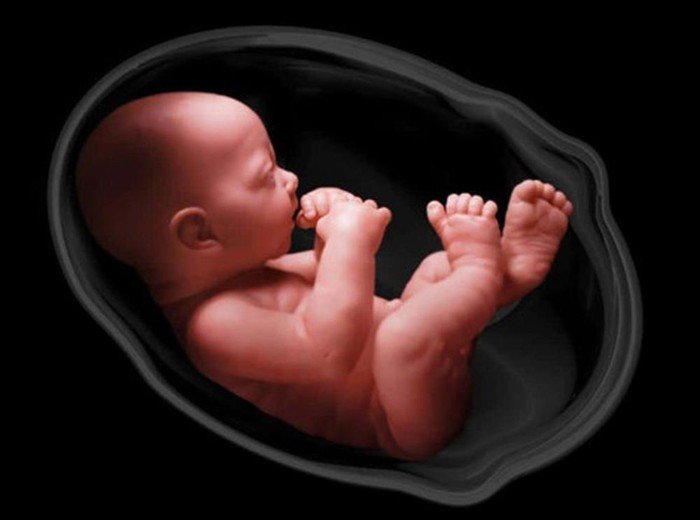Zinc content in your daily food
Zinc is a very important and indispensable trace element in the human body. Zinc is taken into the body mainly through the gastrointestinal tract and is absorbed in the small intestine. The role of zinc in the movement of organs in the body is of increasing interest.
1. Some Benefits of Zinc
Zinc has many important biological functions which involve the conformation and functional activity of enzymes and cellular transcription factors. It is an essential component of many proteins and helps in cell growth and division. Zinc also helps to participate in the formation of organs and body development such as hematopoiesis, heart restructuring, fat cell creation, stem cell maintenance, skeletal and smooth muscle development, nerve cell regeneration. retinal nerve. More specifically, zinc plays an integral role in the production of insulin, a hormone that plays an important role in regulating blood sugar levels in the body. Some other roles of zinc include:
Contributing to the growth of height and weight of infants and young children, especially during the fetal period, because this is the period when cells develop very fast. Zinc helps stimulate the development of B lymphocytes and T lymphocytes, which regulate the immune system against pathogens, fight infections. Zinc helps in brain development such as the central region (hippocampus) as well as neurotransmitters. Zinc is found in high concentrations in the prostate gland of men, participates in hormone metabolism, balances prostate function, helps maintain sperm count and motility as well as serum testosterone. While zinc also works to regulate menstruation and reduce symptoms in premenstrual syndrome in women. If a man lacks zinc, puberty will be delayed, sperm quality and sexual ability will be reduced. Zinc helps regulate taste, increase appetite. Zinc helps in the absorption and metabolism of other trace elements in the body such as copper, manganese, and magnesium.

Kẽm có lợi cho sự phát triển của thai nhi
2. How much zinc is enough?
The need for zinc in the body is not fixed but depends on both age and sex such as:
Children under 6 months old: 2mg/day Children from 7-12 months old: 3mg/day Children from 4-8 years : 5mg/day Men from 9-13 years old: 8mg/day and over 14 years old need 11mg/day Women from 14-18 years old need 9mg/day, over 19 years old need 8mg/day and when pregnant need from 11- 12 mg/day.

Trẻ từ 7-12 tháng tuổi: 3 mg/ ngày
3. Zinc deficiency should eat what?
With such importance, it is very necessary to build a zinc supplement diet, but to be specific enough for everyone to be able to build, it is necessary to have a summary table of zinc content in food. For example, zinc content in radish, chicken, pork,... The following is a table of zinc content in 100g of foods of all kinds:
For examination and treatment at Vinmec International General Hospital, please come directly to Vinmec health system or register online HERE.
Bài viết này được viết cho người đọc tại Sài Gòn, Hà Nội, Hồ Chí Minh, Phú Quốc, Nha Trang, Hạ Long, Hải Phòng, Đà Nẵng.






